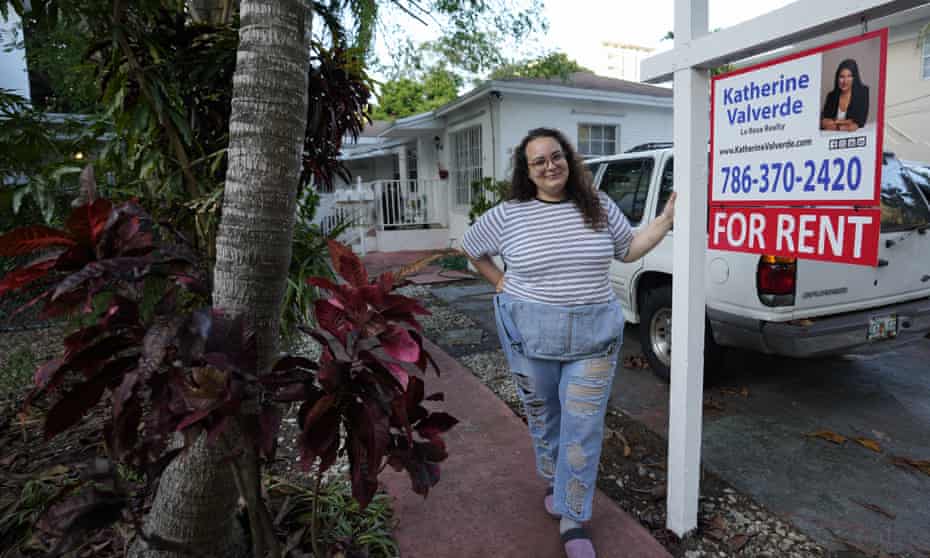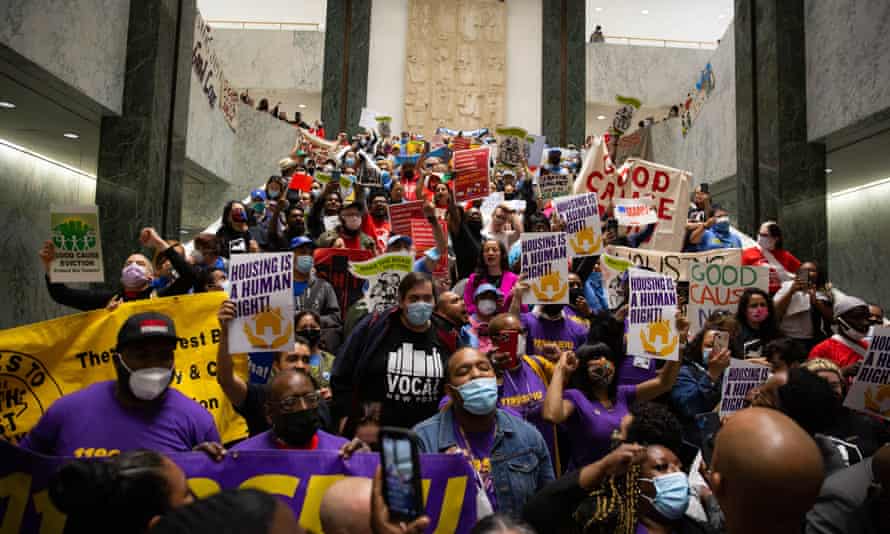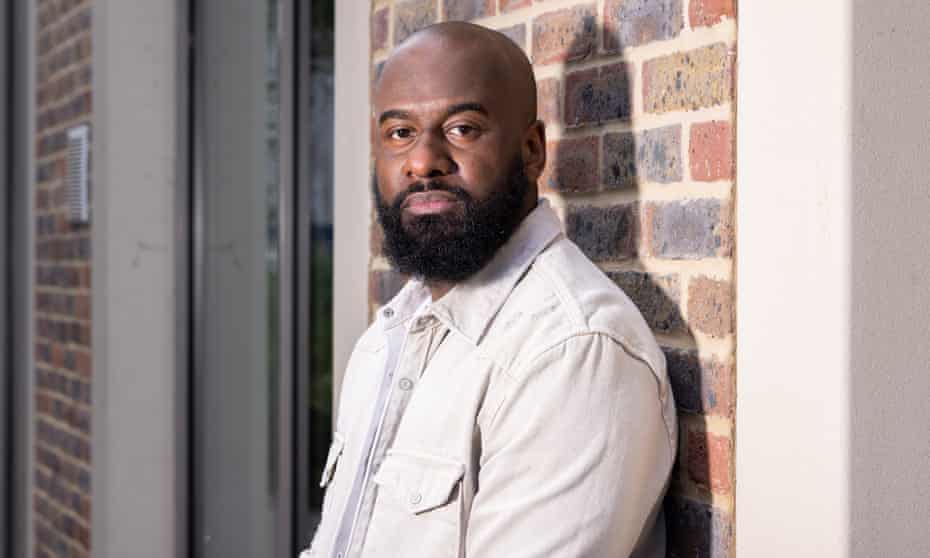by Stefano Caprio
RUSSIAN WORLD
Russia’s war in Ukraine has brought a slew of accusations, many against the so-called Anglo-Saxons, a view repeated on several occasions by the Kremlin. Notwithstanding cultural juxtapositions, the expression reveals a strategy designed to drive a wedge among Russia’s enemies. Moscow wants to see the ongoing conflict end with a world in which Russia, the Anglosaksy, and Europe are well defined.

Some of the many accusations made since the start of Russia’s war in Ukraine, now in a period of long-term stalemate, are against the “Anglo-Saxons”, something often heard in statements by Kremlin spokesman Dmitry Peskov who has often railed against the Anglo-Saxon media, which “are at the top of the list of the aggressor countries in the information war”.
Several other Russian politicians and officials are also increasingly using the term “Anglo-Saxon” in a derogatory way. According to the Russians, the Anglo-Saxons are the ones who “feed the hysteria” of international public opinion, as Foreign Minister Sergei Lavrov and his spokeswoman Maria Zakharova like to repeat.
In February, shortly before the invasion, the latter lashed out at a journalist who asked her about the deployment of troops on the Ukrainian border. “It is not up to you, who represent the Anglo-Saxon world, to count our weapons and judge how our troops move.”
Zakharova herself in recent days has come to the defence of Julian Assange, whose extradition to the United States has been decided by a British court, speaking of him as “a journalist poisoned by all the power of the Anglo-Saxon repressive machine”. In another statement, Peskov sarcastically referred to “the Anglosaksy [who] do nothing but raise tensions on the European continent”.
The use of the expression goes beyond the rivalry with the United States or “the Americans”, so typical of the Cold War, but underlines the Russian tendency to justify the ongoing conflict with historical-cultural reinterpretations that date back to a very distant past, back to the Middle Ages.
At the very beginning of the modern era, the Muscovy of Ivan the Terrible presented itself to the world as the new empire and the “Third Rome”, called to save peoples from all demonic dangers. The first Tsar of Moscow looked with interest at Queen Elizabeth of England, the one who laid the grounds for the British Empire beyond the seas.
The “Virgin Queen” (in whose honour the first American colony was named: Virginia) wrote to Ivan IV with admiration after he defeated the Kazan Tatars in 1557, paving the way for the conquest of the whole of Siberia: Asia became the Dalniy Vostok, Russia’s “Far East” with Cossacks pitted the Mongols, long before American cowboys fought the Indians for America’s “Far West”.
Since then, the two empires have opposed each other geographically (to the point of bordering each other) and ideologically; it is no accident that the symbolic letters of Russia’s war are the V of Vostok, and above all Z of Zapad (West) which suggests Za pobedu! (For Victory!).
The origins of this Nordic peoples, the Saxons, are rooted in the dominion they exercised over the British Isles between the 5th and 11th centuries, long before the baptism of Kievan Rus’ in 988 AD. The very term “Anglia” comes from one of these peoples, the Angles, who moved from the lands of present-day Denmark and Germany.
When Peskov and Zakharova take issue with the Anglosaksy, they are not going back to Europe’s Middle Ages, but are referring rather to much more recent issues, using a term that still resonates.
Strictly speaking, the Anglo-Saxon countries refer to those who have English as their national language: United Kingdom, United States, Canada (minus Quebec), Australia and New Zealand.
More than the origins or the language, what unites them most of all and differentiates them from the rest of the world are their political institutions and law, which make them bearers of freedom and democracy in the world, which the Russians intend to fight and defeat at all costs, as they are seen as cause of the loss of identity and sovereignty of all peoples.
One of the traits most criticised by the Russians is, for example, the “principle of precedent”, i.e., whereby a court decision is considered as the source of law, perhaps about the rights of ethnic or ethical minorities, and not the “sacred” laws defined by the constituted power, such as a Penal Code, as is traditionally the case in continental Europe.
The same goes for the flexibility of the system of higher education. Anglo-Saxon universities are mostly private, and not dedicated to mass education, a situation that is seen “as serving powerful castes, not the people”, as Vladimir Putin himself has repeatedly said in the past.
Above all, the Anglo-Saxons have a real devotion to the two-party system and alternation of power, which the Russians view as a way for the Antichrist to rule, based dividing the people.
In England, the Whigs were originally supporters of a parliamentary system, whilst the Tories remained loyal to the authority and power of the crown; from them, we have Labour and Conservatives in England, Democrats and Republicans in the US, Liberals and Conservatives in Canada, and so on.
Such a dialectic has been completely blocked in Russia since the first Putin presidency in 2000, whose system of power is on hierarchy and the stability of the “popular” majority, which requires at least 70-80 per cent of the vote; otherwise, society risks disintegration as was the case under President Yeltsin.
The Anglo-Saxon world also has racial and religious traits, namely White Anglo-Saxon Protestant"(WASP), today strongly questioned by cancel culture. By contrast, Orthodox Russia views itself as the bearer of an “inclusive culture” centred on the assimilation of other peoples, not on their subjugation, as its Western rivals do who today shed crocodile tears to wash their conscience.
If there is one thing the Russians absolutely do not intend to do is lustration (Lyustrátsiya), i.e., engage in historical revisionism about the faults of the past. There has been no criticism in Russia over working for the former Soviet regime; indeed, today’s ruling institutions and officials are throwback to that past, like the country’s Federal Security Service or FSB (Putin’s KGB) or Kirill’s Moscow Patriarchate, and other metropolitan bishops.
Comparison aside between Anglo-Saxon and Russian cultures, which shows not only rivalries but also many influences and imitations, the Anglosaksy cursed by the Kremlin are seen as the standard-bearers of a generic “collective West”, a simplification needed to justify destructive and apocalyptic actions.
The use of such terms by the Russians also reveals a subtle strategy, an attempt to drive a wedge among their enemies, getting the “non-Anglo-Saxon” nations to side with Russia.
On the eve of the Ukraine invasion, during a meeting of Russia’s Security Council, the director of the National Guard of Russia (Rosgvardija), Viktor Zolotov, said that "we do not recognise any border with Ukraine; these borders were made by the Americans, who consider themselves the masters of that country and all the others as their vassals”.
Peskov went on to argue that “we Europeans must reflect on the fact that a country that is outside our continent, like the United States, comes to our home to create problems.”
This form of anti-American propaganda always has a great effect within Russia, echoing Stalin’s words in 1941, when he said “Russians were never friends of the Anglosaksy”.
When Russians stand as defenders of “traditional European values”, as in the “manifesto” of director Konstantin Bogomolov, it is always understood as a commitment to defend themselves from “foreign values, like those of the Anglo-Saxons”.
The Russian World is for all peoples, designed to defend Asia, Africa and Latin America from Western colonisation; one of its main purposes is to draw to it Europeans not closely affiliated with the United States or Great Britain, whose Brexit has provided excellent ideological support for Russia’s worldview.
Europe has very close economic ties with Russia, and cannot easily decouple itself, as evidenced by contradictory positions taken by Europeans in the recent debate over ending dependence on Russian gas.
Trade, not only in energy, is much more intense than that between Russia and the United States. Were it not for the war, Europeans would likely preserve these relations as much as possible; and no one is thinking about keeping Russian tourists away or halting forever cultural exchanges, the fate of McDonald’s and cars aside.
Russia and Germany have had special relations for a long period of time, based on exchanges in philosophy and literature. The same can be said for Italian art and music, not to mention France, whose language served as the lingua franca of the aristocracy of St Petersburg during the 18th century.
Russia wants to end the Ukrainian war not only with large territorial gains and control, from the Donbass to the Sea of Azov and Moldova. The goal is a plural world in which Russia, the Anglosaksy, and Europe are well defined, and so other eastern powers like Turkey, China and India, with Russia playing a key role in every international venue.
Paradoxically, the isolation imposed by sanctions is seen as a way to rise above quarrels and purify and sacrifice oneself for all whilst preparing for the future global showdown.












